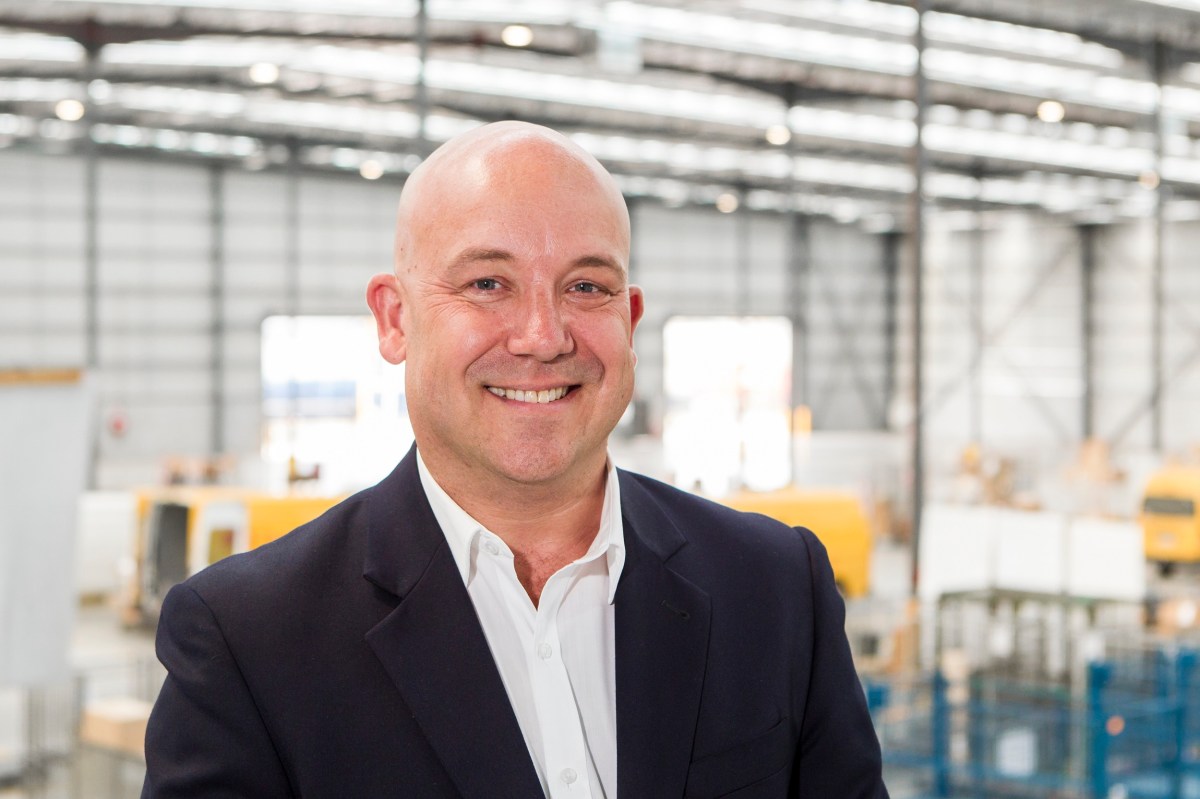Now more than ever, the logistics industry is facing an unprecedented call to adapt to changes in demand and operations to deliver essential goods and services.
CouriersPlease (CP) has worked with Zebra Technologies (Zebra) to deploy the TC56 handheld touch computer to help manage courier pickups and deliveries and improve staff performance in the process. This work was bolstered by Zebra’s Android-powered solution which provided a seamless transition from CP’s legacy devices to their new, current deployment.
Paul Roper, chief commercial officer at CP and Tom Christodoulou, regional director of Australia and New Zealand at Zebra Asia Pacific have discussed their partnership with Retailbiz and revealed how both companies are responding to change, as a result of COVID-19.
Roper said CP’s partnership with Zebra has allowed franchisees to follow social distancing measures with contactless pick-up and deliveries, keeping both customers and drivers safe.
“It has also allowed us to distribute communications and materials to our franchisees digitally and increase the speed in which they receive the latest information. The technology has helped CP to maintain consistent delivery performance to customers through the route optimisation technology we have implemented.
“It maximises the delivery plan within a courier run – particularly useful if our regular driver is away and a new driver needs to fill in – they are able to achieve the same high-quality delivery results without prior experience of a delivery area,” he said.
From a Zebra perspective, Christodoulou said supplying CP with mobile devices empowers their front-line workers.
“The onus is on businesses to equip their workers with the right tools to make their workflow more efficient and effective. By deploying Zebra’s TC56 handheld touch computers, we have been able to support CP as they accommodate for unprecedented demand whilst providing their workers with a robust product and data needed to manage the pickup and delivery process.”
However, with rapid scaling comes challenges, and one of these challenges, according to Roper, is neglect if there is a tunnel-vision approach on scaling.
“For instance, staff may be hired to expand the team; however, they may not have the relevant expertise or fit. You may also see a lack of innovation and openness to new ideas and technologies if this isn’t a heavy focal point,” he said.
“Another issue organisations face is that unbudgeted or unexpected costs are built into the model when scaling too quickly, which can strain margins and profitability. At CP, we carefully review additional expenditure to ensure that it not only serves the immediate needs of our customers but is sustainable in the longer term.”
CP has adapted to increased demand by working closely with partners who can provide additional scalability, which in turn, enables enhanced customer service.
“For instance, one of the partners has a strength in point-to-point delivery, in addition to having capabilities to deliver twilight and weekend services. This allows us to deliver parcels faster to our customers who need this premium service.
“We have experienced a considerable volume spike with our figures in line with what we would see during peak. April 21 was our busiest day on record, with a 20% increase in volumes.”
Christodoulou has observed more businesses than ever adapting rapidly in these uncertain times; however, some businesses may not necessarily have the appropriate systems in place, especially to cater for unprecedented demand.
“The key to overcoming these challenges is by having the right systems, processes, and solutions in place which looks beyond the now and accommodates for the transforming needs of the industry. Having the right purpose-built tech solution is critical as it will allow businesses to be agile and pivot quickly,” he said.

